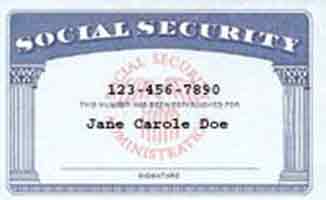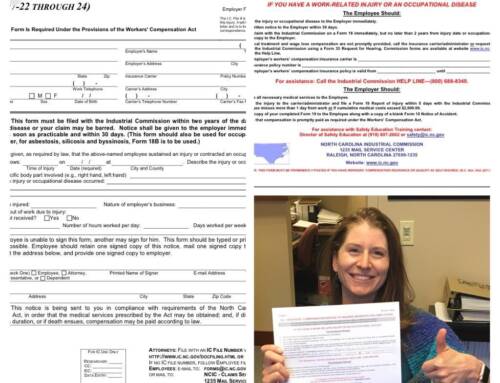Many states have enacted laws to protect the disclosure of an individual’s social security number and other personal identifying information due to a rise in identity theft; however, the practice of collecting the information by agencies has continued, and agencies that collected social security numbers before January 1, 1975 are still allowed to do so. See The Privacy Act of 1974, 5 U.S.C. § 552a (2015).
In North Carolina, for example, when filing an initial claim with the North Carolina Industrial Commission, an injured worker is required to provide his or her social security number on the form. The North Carolina Industrial Commission is required under N.C. Gen. Stat. § 132-1.10 to take steps to prevent an individual’s social security number from becoming public. However, an individual’s social security number can become publicly available when an injured worker appeals a decision by the North Carolina Industrial Commission and he or his attorney fails to redact the information from documents filed with the court, as required by N.C. Gen. Stat. § 132-1.10(d). Rules 9(a)(4) and 9(d)(3) of the North Carolina Rules of Appellate Procedure also require that social security numbers be deleted or reacted from any document in the record on appeal and copies of exhibits.
Until agencies begin using alternate identifiers, attorneys should examine every document carefully before filing it with the court to redact or remove social security numbers.







